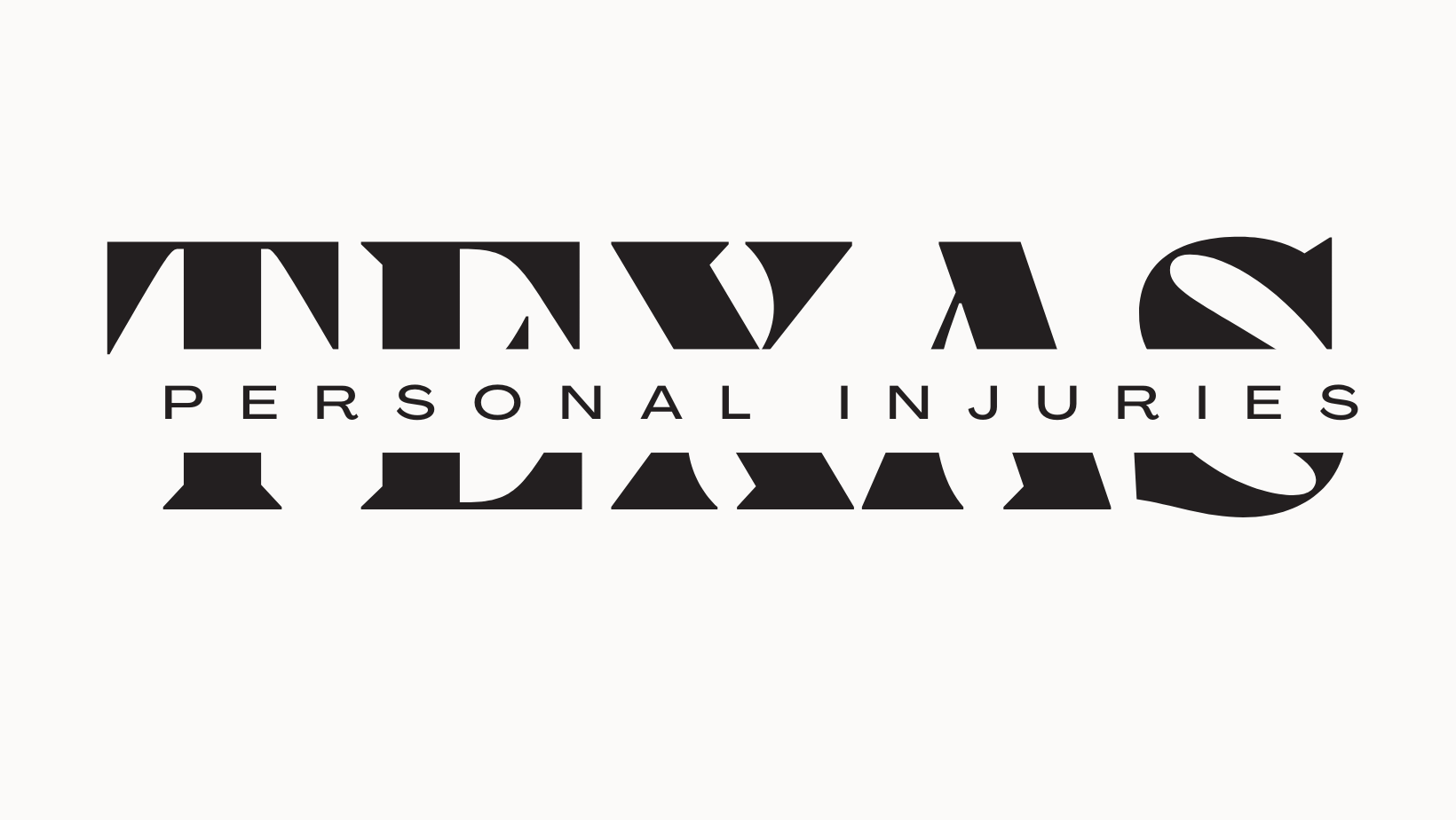The rise of short-term rental platforms like Airbnb, Vrbo, and Booking.com has transformed the travel and hospitality industry. But with the convenience of these services also comes an important question: What happens if you’re injured while staying at a short-term rental?
Unlike traditional hotels that are subject to extensive safety regulations and liability coverage, Airbnb hosts are private individuals—often unfamiliar with legal responsibilities or insurance issues. So when an injury occurs due to unsafe conditions, navigating a personal injury claim can be complex.
This blog explains your legal options, challenges, and steps to take if you’re injured in an Airbnb or similar rental.
Common Types of Injuries in Short-Term Rentals
Short-term rentals may lack the safety protocols and regular inspections that hotels typically maintain. Common injury scenarios include:
Slip and falls from wet floors, broken stairs, or uneven surfaces
Trip hazards like exposed cords, cluttered walkways, or loose rugs
Burns or electrocutions from faulty appliances or poor wiring
Structural defects, such as collapsing balconies or ceilings
Carbon monoxide poisoning from malfunctioning HVAC systems
Swimming pool or hot tub accidents
Who Can Be Held Liable for an Airbnb Injury?
1. The Property Owner/Host
Property owners (or Airbnb hosts) have a legal duty to provide a reasonably safe environment for guests. If they fail to correct hazards they knew or should have known about, they may be liable for your injuries.
Examples of negligence:
Ignoring a loose step or railing
Failing to install smoke or carbon monoxide detectors
Renting out a space with known electrical issues
2. Airbnb as a Platform
Airbnb generally claims to be a middleman rather than the responsible party. However, in some cases, especially involving gross negligence or defective safety features, Airbnb could be implicated—though this is rare and complex.
3. Third Parties
In some cases, a third party (like a cleaning service, contractor, or manufacturer of a faulty appliance) may be partially responsible. These cases often involve product liability or premises liability principles.
What Is Airbnb’s Host Protection Insurance?
Airbnb provides Host Protection Insurance (HPI), which may cover:
Up to $1 million in liability for third-party bodily injury or property damage
Injuries caused by conditions on the property (e.g., broken furniture, slippery floors)
⚠️ Important Caveats:
HPI coverage only applies if the host was negligent
Airbnb will investigate and possibly deny claims
The policy may not cover intentional acts, emotional trauma, or communicable diseases (like COVID-19)
Steps to Take After an Injury at an Airbnb
Seek Immediate Medical Attention
Prioritize your health. Documentation of medical treatment will be key for your claim.Report the Injury to the Host and Airbnb
Use the Airbnb platform to report the incident. This creates a timestamped record.Document the Scene
Take clear photos or videos of the hazard that caused your injury
Record details: time, date, lighting conditions, etc.
Get contact info for witnesses, if any
Request Maintenance Logs or Communication
Ask if there were prior complaints or issues related to the hazard.Consult a Personal Injury Attorney
These cases often require negotiation with both hosts and Airbnb’s claims team. An attorney can help you navigate the insurance maze and secure compensation.
What Compensation Can You Recover?
If you were injured due to someone else’s negligence, you may be entitled to damages for:
Medical bills (including ongoing treatment)
Lost wages or diminished earning capacity
Pain and suffering
Emotional distress or trauma
Out-of-pocket expenses related to travel delays, canceled plans, etc.
Legal Challenges in Airbnb Injury Cases
Jurisdiction issues (especially if the rental was out of state or international)
Host’s lack of homeowner’s insurance or limited coverage
Airbnb’s terms of service, which may include arbitration clauses or limit their liability
Disputes over who is responsible: host, Airbnb, or a third party
Because these complexities vary from case to case, legal representation is critical.
If you’ve been injured in a short-term rental, you’re not alone—and you do have legal rights. But these cases are often more complex than traditional personal injury claims due to the involvement of private hosts, platform policies, and unclear liability chains.
Contacting a personal injury attorney experienced in Airbnb-related cases can help you understand your options, protect your rights, and pursue fair compensation.




Leave a Reply